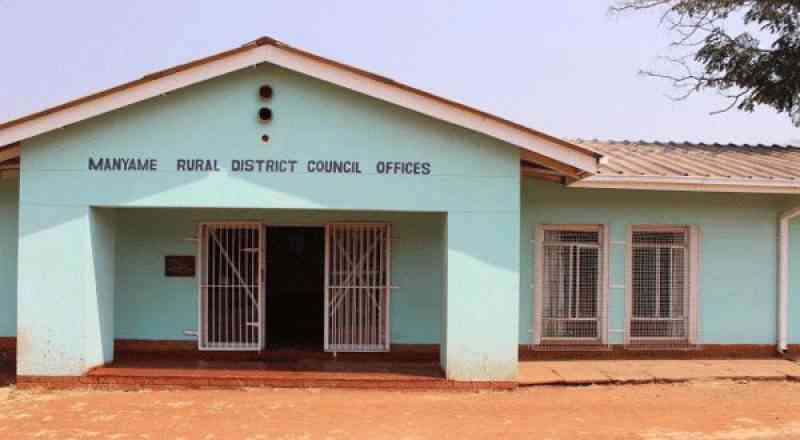
Former Ziscosteel workers are planning to take Finance and Economic Development minister Mthuli Ncube head-on over the Real Time Gross Settlement (RTGS) retrenchment packages they got last month.
By Ruvimbo Muchenje
Ziscosteel retrenched workers in 2016 and calculated their packages out in US dollars, but they got the pay-out on September 27, 2019 in RTGS at the exchange rate of 1:1.
The workers’ representative Oswald Mutasa said they lost their jobs before the introduction of the local bond currency in August 2016.
“Ziscosteel retrenched all its employees at the end of August 2016. All the retrenchment benefits were worked out and agreed for all the affected employees. The total monetary benefits were in the US dollar currency. By then that was the currency in circulation. The RTGS bond notes came into circulation in October 2016,” Mutasa said.
Government in 2017 took over payment of the former workers and pensioners under the Ziscosteel Debt Assumption Bill, but defaulted for six months because of the economic hardships government was facing.
The committee of retrenched workers engaged Devias Mujaya of Mujaya and Muchona lawyers, who says the payments should be in the agreed US dollar denomination, but is yet to take legal action against Ncube.
“Their committee approached me on the 28th of September 2019 for consultation on the way forward. I gave them a list of what I require in order to take up their case… Currently, no paperwork has been done. The main challenge to be mounted relates to the currency used in paying the ex-employees. The amounts owing to them accrued during the United States Dollar era yet when it came to payments they did it in RTGS. So it’s either they are to be paid in United States dollars or equivalent in RTGS at the prevailing interbank exchange rate as at the time payments were effected,” Mujaya said.
- Chamisa under fire over US$120K donation
- Mavhunga puts DeMbare into Chibuku quarterfinals
- Pension funds bet on Cabora Bassa oilfields
- Councils defy govt fire tender directive
Keep Reading
Mujaya says RTGS payments at 1:1 for the retrenched workers were not viable given the way RTGS value has been eroded.
“It’s not feasible because we can’t have a situation whereby there is a law which says 1:1 yet there is an interbank exchange rate between the two currencies which clearly shows that they are not at par. Taking the two currencies as being at par is a fallacy and it only serves to prejudice the suffering ex-employees,” Majaya said.
In early 2019, Ncube liberalised the market and the bond note floated at 1:1, but when the RTGS dollar was introduced as a currency in June 2019, it was at an exchange rate of 1:3 which has since changed to 14 and later 18 on the parallel market.











